Police demand Israeli pride parade erect giant walls along route
Stating it's "for their protection," Kfar Saba's police department won't help finance the walls

A gay pride parade in Israel is being required by authorities to establish two-meter walls along their route in order to march.
The organizers of the parade in Kfar Saba received their permit with a stipulation that included a fence being built at the organizer’s expense, as well as using large vehicles to block off intersections.
According to Haaretz, the police said that because the parade “is a sensitive event that requires a large police deployment” these precautions were necessary.
The Israeli Gay Youth association met with police to request a permit for the area’s first gay pride parade, which would navigate through the main areas of Kfar Saba.
Many suspect that after the murder of Shira Banki during a 2015 pride parade in Jerusalem, the police chose to make demands for the “area of the procession be enclosed and fenced off by a two-meter fence” and for “intersections adjacent to the procession to be blocked by a large vehicle (bus or truck),” all without any reported intelligence that the event would be targeted.
The police also forced the organizers to change the route so it would not go near an ultra-Orthodox Jewish community center, according to Haaretz.
Organizers Alon Maor and David Baum, counselors at Kfar Saba’s gay youth club, said that isolating the parade from the outside world would remove the main reason to hold the event in the first place.
“The march symbolizes our struggle to walk through the city with confidence, to hold hands with our partners downtown without fear, not sidelined in some hidden place,” they said.
Sapir Slutzker-Amran, an attorney with the Association for Civil Rights, agreed, saying that it “defeats one of the main objectives of the parade, which is for it to seen by all.”
He also added that the cost required to build the fence is infeasible for the small organization and that police should not require the level of security asked for and expect the organizers to pay for it.
“The costs are estimated at tens of thousands of shekels, a large sum that the demonstrators cannot pay, and as a result these demands actually curtail the right to demonstrate,” said Slutzker-Amran. “The extraordinary sensitivity concerning the security for pride parades following the murder of Shira Banki, of blessed memory, is clear, but it’s also clear that this does not allow the police to roll over the security and barricade costs on the organizers.”
The police said in response: “The conditions are meant to safeguard the parade and maintain public order, while minimizing disruption to the fabric of life of the city’s residents. The costs of the march are to be borne by the organizers, as with other events, since the taxpayer cannot be expected to fund the cost of producing parades, even if their goals are worthy. The role of the police is to balance between permitting parades, marches, performances, etc. in the public domain, and the concern for public safety and security.”
The Kfar Saba municipality added that: “The pride parade is not connected to the municipality’s activities, is not being coordinated with it and is not a municipal event, so responsibility for it lies solely with the organizers.”
Chen Arieli, chairman of the Aguda, said her association is going to take the city to court for their restriction.
“The police’s decision to make it difficult for the parade to take place and to place responsibility for funding security on the organizers’ shoulders is outrageous, and in my opinion is fundamentally illegal,” she said. “The Israel Police cannot be an obstacle to the gay pride parade, not in Tel Aviv, not in Jerusalem, not in Kfar Saba or in any other city in Israel. This is a civil right, and if it is not realized by agreement, it will be achieved by legal means.”
Arieli also called for the public to “vote with their feet” and prove to police and Kfar Saba the “public importance of [the parade] taking place.”
Israel is not the only Middle East country having issues with pride events. Lebanon’s gay pride week had to be canceled three days into the event in mid-May after its organizer was detained and forced by police to end the festivities early.
Support Metro Weekly’s Journalism
These are challenging times for news organizations. And yet it’s crucial we stay active and provide vital resources and information to both our local readers and the world. So won’t you please take a moment and consider supporting Metro Weekly with a membership? For as little as $5 a month, you can help ensure Metro Weekly magazine and MetroWeekly.com remain free, viable resources as we provide the best, most diverse, culturally-resonant LGBTQ coverage in both the D.C. region and around the world. Memberships come with exclusive perks and discounts, your own personal digital delivery of each week’s magazine (and an archive), access to our Member's Lounge when it launches this fall, and exclusive members-only items like Metro Weekly Membership Mugs and Tote Bags! Check out all our membership levels here and please join us today!









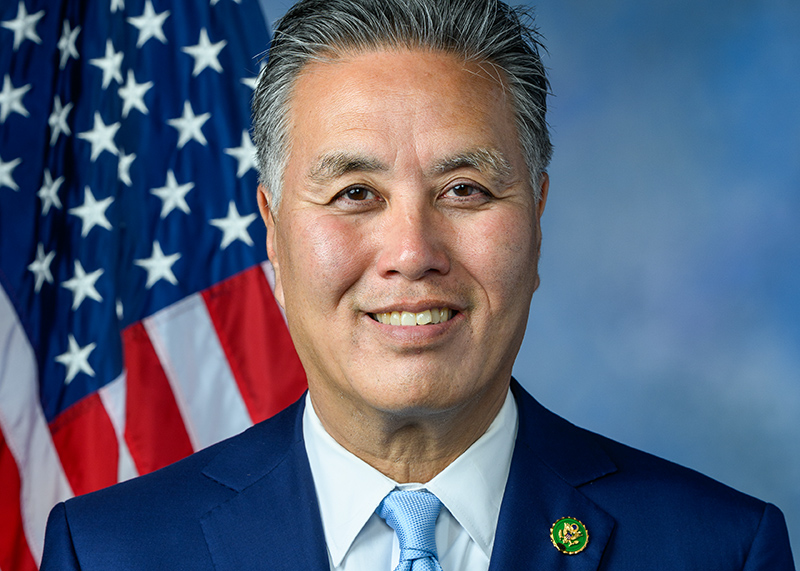
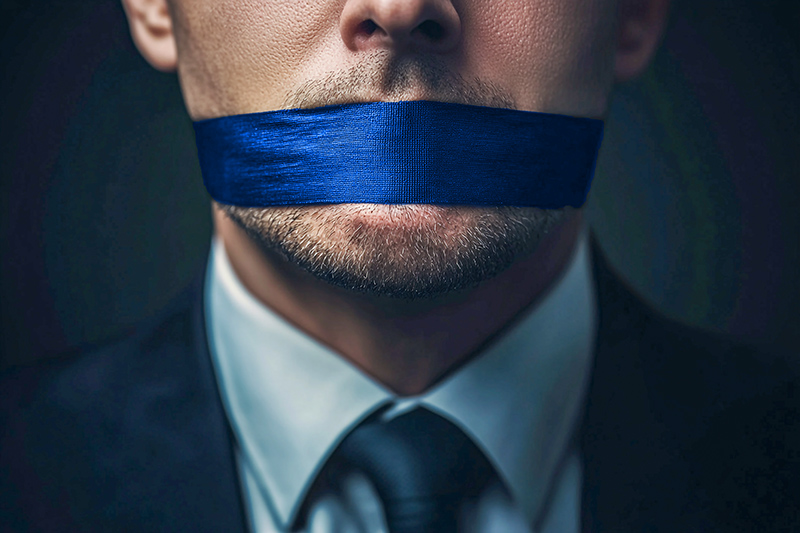
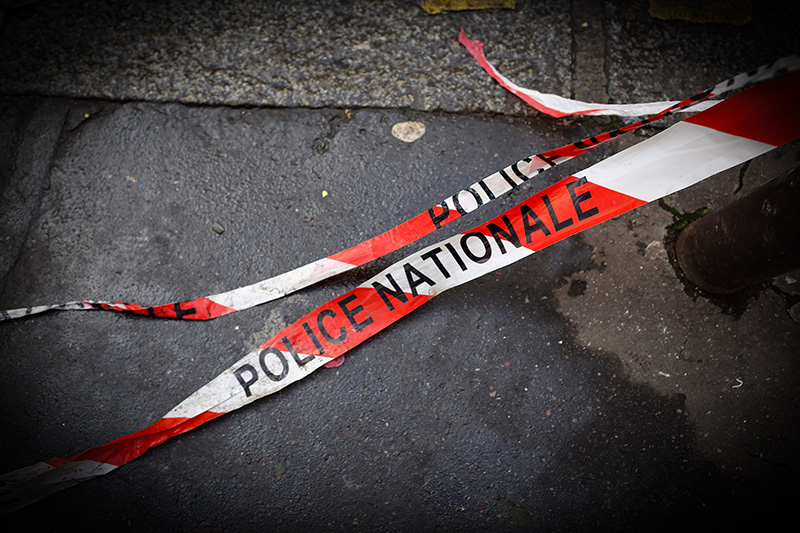












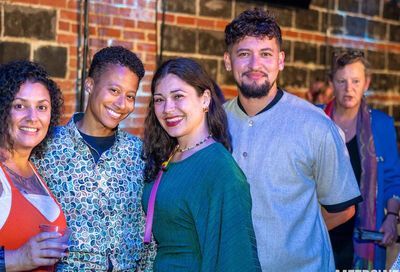
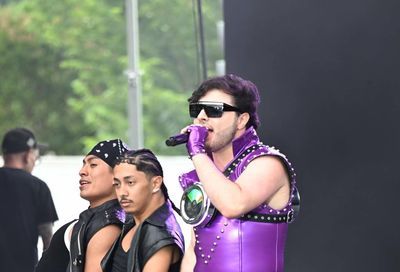
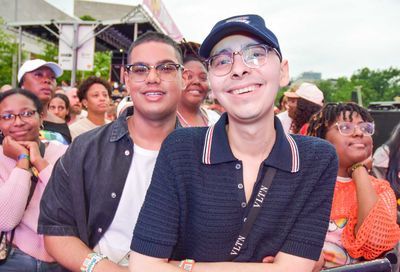
You must be logged in to post a comment.